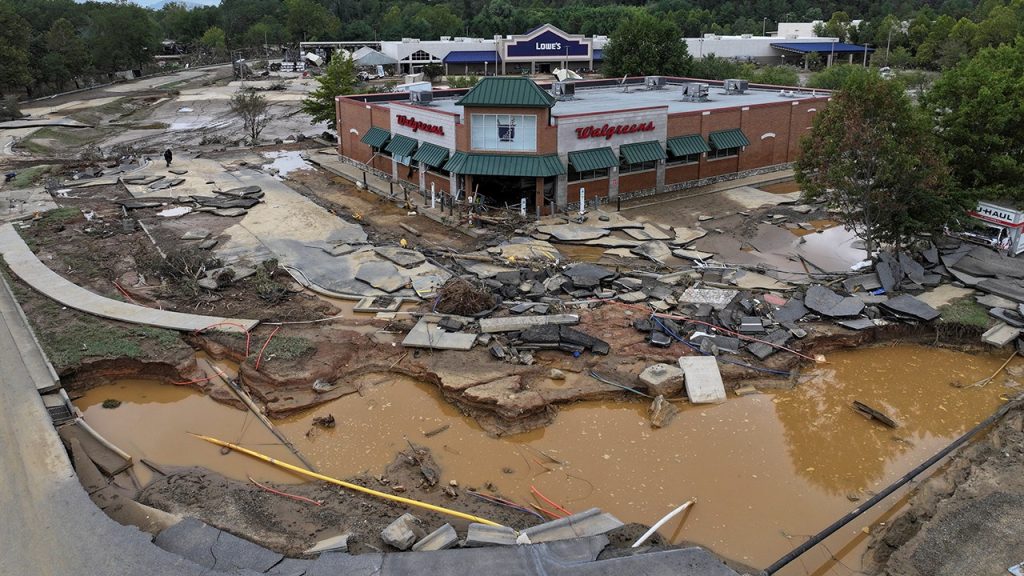Agents with the FBI Nashville Field Office have been using new fingerprint-recognition technology to identify deceased individuals in the aftermath of Hurricane Helene. The hurricane left more than 230 people dead in its wake, devastating parts of several states including Florida, Georgia, Tennessee, the Carolinas, and Virginia. FBI Special Agent Paul Durant, who has been with the FBI for five years, emphasized the care and sensitivity required in handling this task, as each victim was someone’s loved one. Despite the emotional challenges, Durant finds fulfillment in providing answers to families who are suffering.
With the assistance of local law enforcement, the FBI has been working to identify bodies in the eastern Tennessee and western North Carolina regions that were impacted by the historic flooding. The agency has been using electronic fingerprint devices that connect to phones, typically used to identify criminals, in order to expedite the identification process for the deceased. Some victims’ remains are severely compromised, and others have crossed state lines due to rapidly moving waters. Despite the difficult nature of the task, agents like Durant find solace in bringing closure to the families of the victims.
The use of smartphones to send fingerprints collected directly from victims to the FBI Laboratory in Quantico, Virginia, has allowed for a quicker identification process. Special Agent Reanna O’Hare, who serves as the senior team leader on the Knoxville FBI’s Evidence Response Team, highlighted the critical access to national fingerprint files that the FBI utilizes in this process. By tapping into Department of Defense and Homeland Security databases, the FBI has been able to identify some victims who may have otherwise gone unknown. This technology has proven invaluable in expediting the identification of victims in the aftermath of the hurricane.
Despite the emphasis on technology and forensic techniques in the identification process, special agent in charge of the FBI in Tennessee, Joe Carrico, stressed the importance of serving the families of the victims above all else. Carrico expressed the weight of responsibility felt by the FBI in these situations, emphasizing the support provided to state and local partners in bringing closure to those in need. While the death toll continues to rise as recovery efforts persist in southern Appalachia, federal, state, and local officials remain committed to aiding those affected by Hurricane Helene.
Overall, the use of advanced fingerprint-recognition technology has proven crucial in the identification of deceased individuals in the aftermath of Hurricane Helene. The emotional toll on agents like Paul Durant is a factor that cannot be overlooked, as they navigate the delicate balance between fulfilling their duties and providing closure to grieving families. By leveraging smartphone technology and connecting to national databases, the FBI has been able to streamline the identification process and bring comfort to those affected by the devastating impact of the hurricane. As recovery and rebuilding efforts continue in the affected regions, the importance of serving the people and families in need remains at the forefront of the FBI’s mission.


